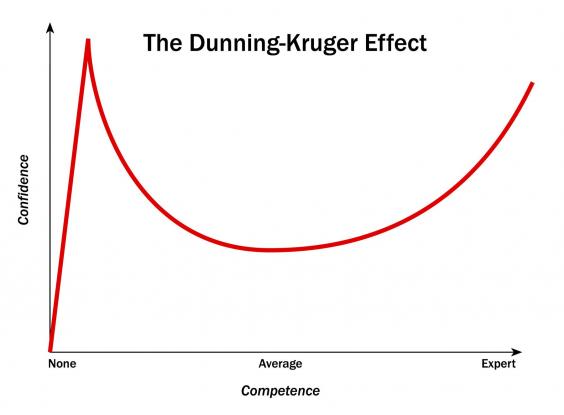Greetings Scribes
It's been my opinion for a while that there are "stages" to learning how to write, and that writing advice can sometimes be a bit off because it's geared for a different stage than the writer is in.
But.... what are those stages? I'm not entirely sure.
I recently saw a Ted Talk about learning to be "good" at any skill in about 20 hours. According to the talk you need to learn "just enough to self-edit" and then focus on practicing. The idea is that you should be able to work against your mistakes, and not just run with them.
And, don't get confused, because it doesn't mean editing the way we normally think of editing. This isn't about fixing the little typos or ironing out the little issues you skipped earlier. Self-editing in this case refers to, "I'm doing something wrong, let me change what I'm doing so I can grow in this skill."
So.... what does "just enough to self-edit" mean for a writer?
It's been my opinion for a while that there are "stages" to learning how to write, and that writing advice can sometimes be a bit off because it's geared for a different stage than the writer is in.
But.... what are those stages? I'm not entirely sure.
I recently saw a Ted Talk about learning to be "good" at any skill in about 20 hours. According to the talk you need to learn "just enough to self-edit" and then focus on practicing. The idea is that you should be able to work against your mistakes, and not just run with them.
And, don't get confused, because it doesn't mean editing the way we normally think of editing. This isn't about fixing the little typos or ironing out the little issues you skipped earlier. Self-editing in this case refers to, "I'm doing something wrong, let me change what I'm doing so I can grow in this skill."
So.... what does "just enough to self-edit" mean for a writer?



 Dreamer
Dreamer Vala
Vala Myth Weaver
Myth Weaver